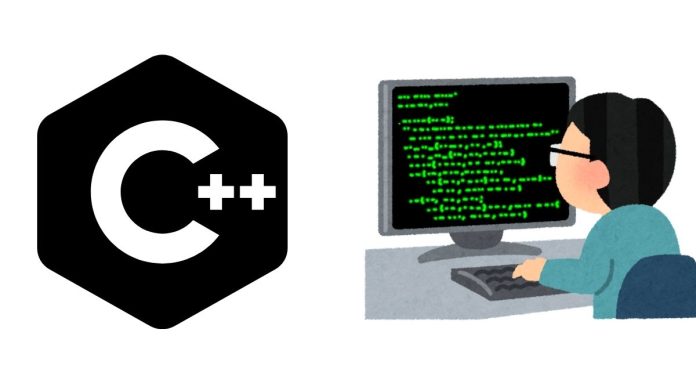Strings in C++ are an essential part of programming, allowing developers to work with text data efficiently. C++ provides two primary ways to handle strings: using C-style strings (character arrays) and the more modern std::string class from the Standard Template Library (STL). In this guide, we’ll explore both types, their features, and practical usage examples.
1. C-Style Strings
C-style strings are arrays of characters terminated by a null character (\0). They are part of the C language but are supported in C++ for backward compatibility.
Example of a C-style String:
#include <iostream>
#include <cstring>
int main() {
char greeting[] = "Hello, World!";
std::cout << greeting << std::endl;
// Finding the length of the string
std::cout << "Length: " << strlen(greeting) << std::endl;
return 0;
}
Key Functions for C-Style Strings:
strlen(): Returns the length of the string.strcpy(): Copies one string to another.strcat(): Concatenates two strings.
While C-style strings are lightweight, managing them can be error-prone due to manual memory management.
2. std::string Class
The std::string class, introduced in the C++ Standard Template Library, offers a safer and more flexible way to handle strings. It supports dynamic memory management and provides various built-in functions for common string operations.
Example of std::string:
#include <iostream>
#include <string>
int main() {
std::string greeting = "Hello, World!";
std::cout << greeting << std::endl;
// String concatenation
greeting += " How are you?";
std::cout << greeting << std::endl;
// Accessing characters
std::cout << "First character: " << greeting[0] << std::endl;
// Finding substrings
std::cout << "Substring: " << greeting.substr(7, 5) << std::endl;
return 0;
}
Advantages of std::string:
- Automatically manages memory.
- Provides extensive functionality through member functions.
- Compatible with modern C++ standards.
Common Member Functions:
length(): Returns the length of the string.substr(): Extracts a substring.find(): Searches for a substring.append(): Appends another string.
3. Key Differences Between C-Style Strings and std::string
| Feature | C-Style Strings | std::string |
|---|---|---|
| Memory Management | Manual | Automatic |
| Functionality | Limited | Extensive |
| Safety | Prone to errors | Safer and more reliable |
| Usability | Requires more effort | Easy to use |
Conclusion
Strings are a vital part of programming in C++. While C-style strings offer low-level control, std::string provides a modern, efficient, and user-friendly approach. Understanding both types and their use cases ensures that you can handle text data effectively in any C++ application.
Choose wisely depending on your project requirements, but for most cases, std::string is the go-to solution in modern C++ development.


